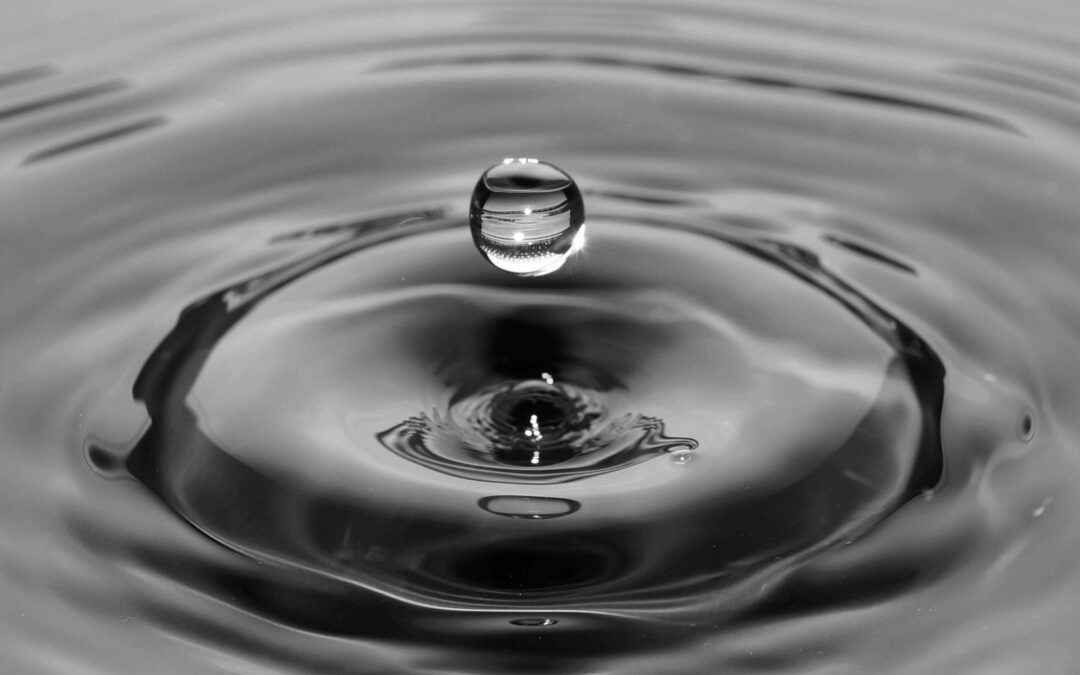The text came in at 9:42 p.m.
“The world feels like it’s literally ending.”
Normally I don’t respond to texts so late, but this was clearly a student in crisis, so I shot back a message: “What’s going on?”
What followed was a wall of text highlighting weeks of anxiety that had come to a head: classes becoming overwhelming with major tests and projects hitting at the same time, extracurricular and part-time job responsibilities taking away time from school work, tension with friends, stress about college deadlines and waiting for admission decisions. This dear teenager was emotionally spiraling in an intense and entirely understandable way. They reported that tears were flowing and they had a pounding headache but more work to do.
In moments like this, sometimes students just need to blow off steam and put words to their anxieties so they can let them go and move on. At this particular moment, this kid needed something actionable, something concrete they could do to regain control.
When these intense feelings hit, it’s important to go back to basics. I asked them, “How much have you been sleeping, and how much water are you drinking?” Scientists have known for a good long while that quality sleep is important to mental health, especially among children and adolescents whose brains are maturing. Most doctors and researchers recommend 8-10 hours. Studies also show that in addition to having impacts on our physical well-being (including headaches), dehydration can contribute to increased feelings of tension and anxiety.
My student’s answers to the sleep and hydration questions were unsurprising. They had been averaging 5-6 hours of sleep a night for nearly a week and hadn’t been keeping track of their hydration but felt pretty sure they had only finished one bottle of water through the day.
Suddenly, the action plan was clear. “Water. Rest. Repeat.” Although the student had more homework left for the night, they agreed that it wasn’t going to be quality work if they tried to press on in their current condition, and doing poor quality work was only going to make the emotional spiral worse. Instead, they would drink a full bottle of water, brush their teeth, and go straight to bed.
I checked in the next morning around 7 a.m. The reply’s tone was dramatically different from less than 12 hours before:
“MORNING. Boy am I feeling better today. I’m ready to go!”
Just like that, my student had turned it around and was able to tackle a new day with renewed energy and a much better attitude. Sure, solving problems isn’t always this easy, but isn’t it nice when going back to basics helps us hit reset and move on in a healthy way? For this kid, it made all the difference. It just might help you or someone you care about, too.
Water. Rest. Repeat.

